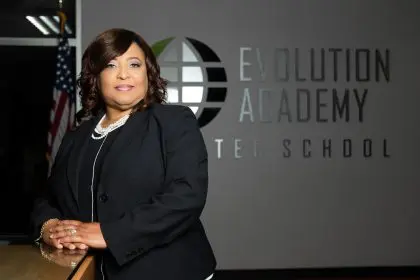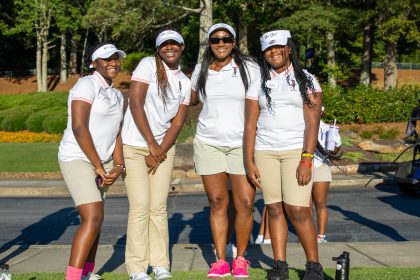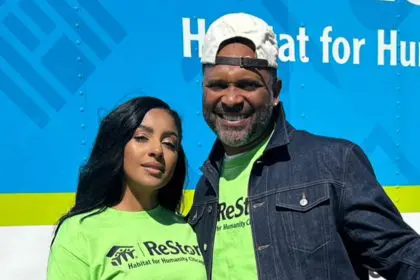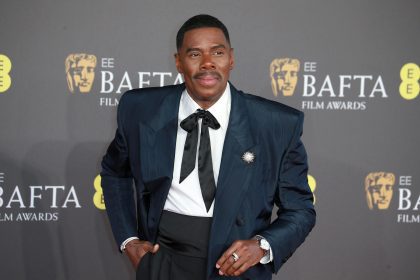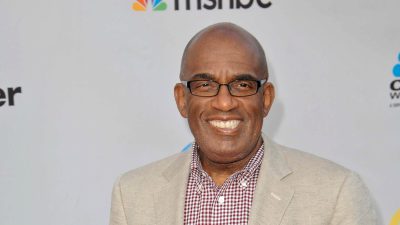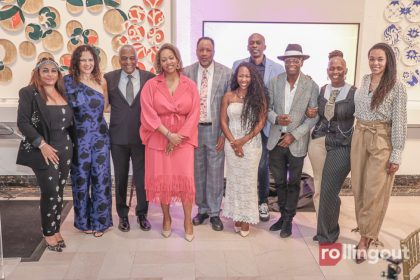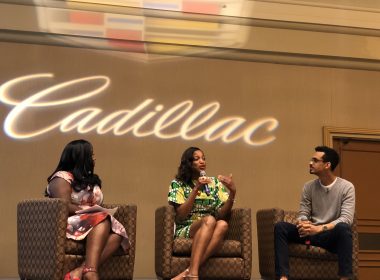Kimberly King is the equal opportunity director of the Georgia Department of Transportation and is responsible for all things related to civil rights at the agency. King was present at the Atlanta Business League’s Congress on the State of Black Business and was on the panel discussing economic equity and the effect it has on infrastructure around Atlanta.
King spoke with rolling out about the future of infrastructure and what people should know about the topic.
What do you think people should know about infrastructure?
What I think people should know is that the Biden administration has really done a significant job, almost the first time since the 1960s, of really talking about equity in terms of what it means for infrastructure investment. If you think about where all of our major interstates are, they are in minority communities. They largely bifurcate those communities. But if you think about what you get within the interstate, you get a bunch of cars, you get a bunch of smog, you get all of this sort of pollution in the air, and if you are housed in a place that is close to that interstate, you’re getting that pollution. So, you have kids who may have a higher incidence of asthma. [If] they have a higher incidence of asthma, they’re probably losing more days of school…somebody’s got to be at home with them, and that means those folks are losing more days of work.
Think about what those kinds of levels mean. More days of school loss means less education, means less opportunity to learn, graduate, and be engaged. Less time at work means that you might lose that job or you’re not making the kind of money that you need to take care of yourself and your family. It’s not just an interstate; think about what that interstate means in that community. My job as the civil rights person at GDOT is to be in the room when those planning conversations are happening about where those interstates are going to be placed, about what that impact on the community is going to be, about how to diminish that impact, and if we’re going to put an interstate there, what can we do to enhance and support the community where the interstate is going to go?
What does the future of infrastructure look like?
Moving beyond doing no harm, to making positive investments, to working with the Technical College System of Georgia to make sure that there is some connection and some alignment between those communities, and the kinds of opportunities that the TCSG can provide, in terms of opportunities for trades and for growing those trades in those communities.
If I’m going to be working in that community, why wouldn’t we have people who live in that community working on that committee? Bring those dollars back to those communities. Make sure that the conversation around planning is happening in those communities. Make sure that those folks are aware of what we’re talking about, how they’re going to be impacted, what they might be able to do to either get involved in that project or talk about how that project can benefit [them] as opposed to harming or doing harm in that community.

